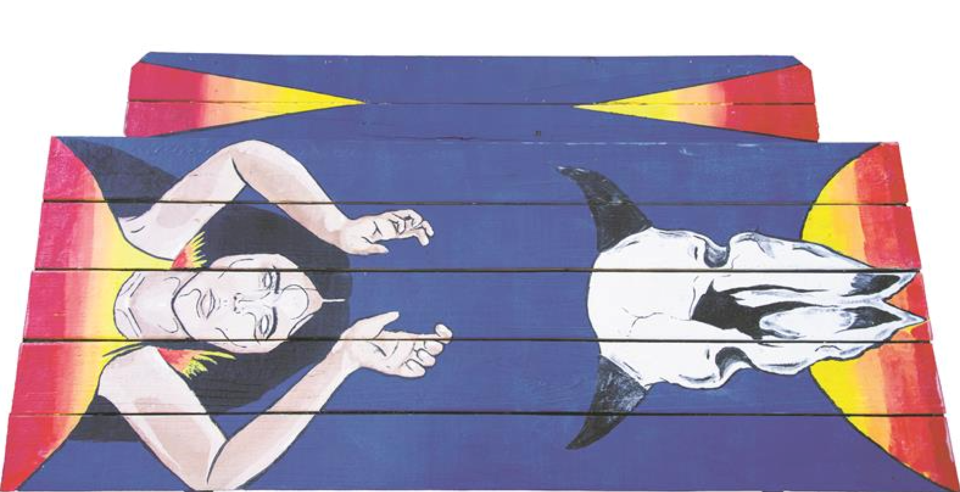My language warrior journey started the day I was born.
The language of the Stoney people has been in existence since Wakȃ Taga made the Ȋyethka Wîchasta and placed us here in the Eastern slopes of what is now known as the Canadian Rockies in Southern Alberta. The Stoney language is part of the Siouxan-speaking family tree, the “N” dialect; it is a unique, thriving and vibrant language that is still spoken by the people of the Stoney Nation.
The Nakoda-speaking people are scattered throughout Canada and the U.S. The Woodland Nakoda are situated northwest of Edmonton; the Plains Nakoda live in Saskatchewan and Montana; and we Rocky Mountain Nakoda call ourselves “Ȋyâ Hre Ȋyethka Wȋchastabi.”
The Ȋyethka language has been targeted for destruction since 1492, along with many other Indigenous languages in the Americas. Today, its existence and survival is symbolic of the resilience of the Ȋyethka Wîchastabi.
In October of 2019, I attended the rapid word collection call-out to fluent speakers by the Stoney Education Authority — the purpose of which was to record the language and develop workbooks schools. This motivated me even more.
But, the pandemic changed everything. A conversation had started with Nicole Fougère at artsPlace in Canmore — we know the area as Chuwapchipchiyân Kedubi. The name originated when “a Stoney brave returning from a hunt had mistakenly shot at something he thought had moved through the brush willows, and the victim was a young coniferous tree.” The old people before our time translated it as “If I shoot it, I might be fooled.”
That conversation led to me and the late Buddy Wesley to do a Zoom event called “The Spirit and Intent of the Stoney Language”. This collaboration with Buddy was a good learning experience for me, as he was a well-known and respected historian from my home community. Buddy earned his position and was respected by the people; everyone in the community sought him out for his knowledge and wisdom, and in return they would be met with his kindness and humour.
The English spelling does not capture the sounds of the Stoney language. Embedded in our Indigenous languages are all the teachings of our people — our connection to Creator, Nature, Culture and Self. Indigenous languages are unique and given to us by Wâka Taga.
The survival and preservation of any Indigenous language is both a collective and an individual responsibility. Languages are best taught by fluent speakers — then there are no errors and proper pronunciation is learned.
My hope is that Ȋyethka and many other Indigenous languages continue to live and thrive. As for me, I will continue on, like those before me, by giving back to my community — it is my responsibility to pass on the Ȋyethka language to the next generation and those wanting to relearn their Nakoda language.




